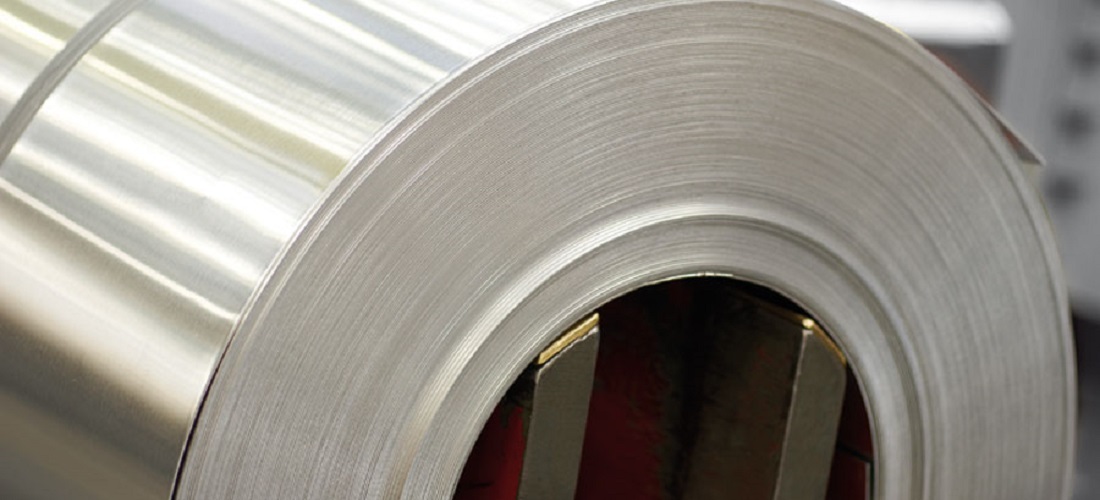
Brazil’s aluminum sector wins hard-fought tariffs on Chinese products
Dec, 22, 2022 Posted by Gabriel MalheirosWeek 202251
After a year and a half of ponderation, Brazil’s aluminum industry obtained from the Brazilian government a positive answer to one of its main recent grievances: the application of compensatory measures on rolled products (plates and sheets) brought in from China. These rates, imposed by the executive committee of Brazil’s Gecex foreign trade regulator, are 14.88% and 14.93%, levied on Chinese products.
“This is a historic achievement for the Brazilian aluminum industry, which creates fair trade practices and security to invest in the country’s aluminum industry chain to guarantee supply,” said the executive president of the industry association Abal, Janaina Donas.
The definition of the measures, which will come into effect on April 1, occurred almost two and half years since Abal petitioned the government, which identified the existence of subsidies. The measures agreed upon by the government will be valid for up to five years and may be extended for longer periods.
Donas stressed that the entry of Chinese aluminum products gained momentum in 2005, advancing from 3,000 to 13,000 tonnes between 2007 and 2008 and finally jumping to 50,000 tonnes in 2011. “China isn’t a cause for concern to the Brazilian industry only, but also for other countries that struggled with antidumping processes and subsidies.”
Last year, Brazil imported 136.5 thousand tonnes of rolled aluminum products. Of this volume, 72% (or 84.5 thousand tonnes) came from China. Gecex’s investigation into subsidy practice spanned five years – from 2016 to 2020.
Please find below the track record of aluminum products (hs codes 7600-7610) imported from China to Brazil between January 2019 and October 2022. The data is from DataLiner.
Aluminum imports from China| Jan 2019 – Oct 2022 | TEU
Source: DataLiner (click here to request a demo)
In this five-year period, informed the executive, supporting documents submitted to the investigating team proved the existence of a series of subsidies sponsored by the Chinese government to export aluminum-based products.
The investigation encompassed importing companies from Brazil, exporters, and the Chinese government, in addition to on-the-spot checks in the national industry. According to Donas, the local industry has the capacity to produce 1.08 million tonnes of plates and sheets. In 2021, the country’s consumption was 889 thousand tonnes. As a result, Brazil can meet its internal demand.
In its report – highlights Abal – Gecex recognized the existence of actionable subsidies granted by the Chinese government in six of the seven programs analyzed, finding damage to the domestic industry and confirming the capacity of the Brazilian industry to meet the national demand for these products.
“The investigation’s findings provide relief and satisfaction to the sector. We are not opposed to imports as long as they occur in a fair and balanced international trading environment. Adopting trade defense instruments is a legal action recognized by the World Trade Organization (WTO) and necessary for correcting imbalances caused by unfair practices,” says Abal’s president.
Countervailing measures from Gecex fell on Neuman (Xinhui) Alloy Materials (14.88%) and other Chinese manufacturers and exporters (14.93%). However, with the current import rate of 9.6%, it is estimated that domestically-produced laminate-rolled products will gain competitiveness in the market.
Donas commented that the relief brought by such measures was significant as, in early 2022, the industry did not being refused antidumping measures on the same products. Although Gecex found evidence of subsidies, it alleged insufficient ” existence of a causal link” to justify surcharges.
During the subsidy investigation period, imports grew 186%, 80% of which were Chinese products, while the industry suffered 25% damage, says the executive.
“This decision is very relevant for the sector right now because there are ongoing investments of BRL 30 billion planned until 2025 in various areas of the production chain,” Donas says. As a result, primary aluminum production will reach 1.4 million tonnes in 2023. “We are adding value and ensuring that the country’s demand is met.”
Source: Valor Econômico
To read the full original article, please go to: https://valor.globo.com/empresas/noticia/2022/12/22/setor-de-aluminio-obtem-taxacao-sobre-produtos-chineses.ghtml
-
Grains
Jan, 21, 2022
0
Argentina’s net soybean exports have increased in December
-
Ports and Terminals
Jan, 22, 2025
0
Ceará Establishes Itself as Strategic Hub for Exports and Investments
-
Mar, 12, 2025
0
TCP operational draft extended to 12.80 meters after new review
-
Shipping
Jul, 12, 2021
0
CDFMM approves R$ 2 billion for naval financing in 2021



